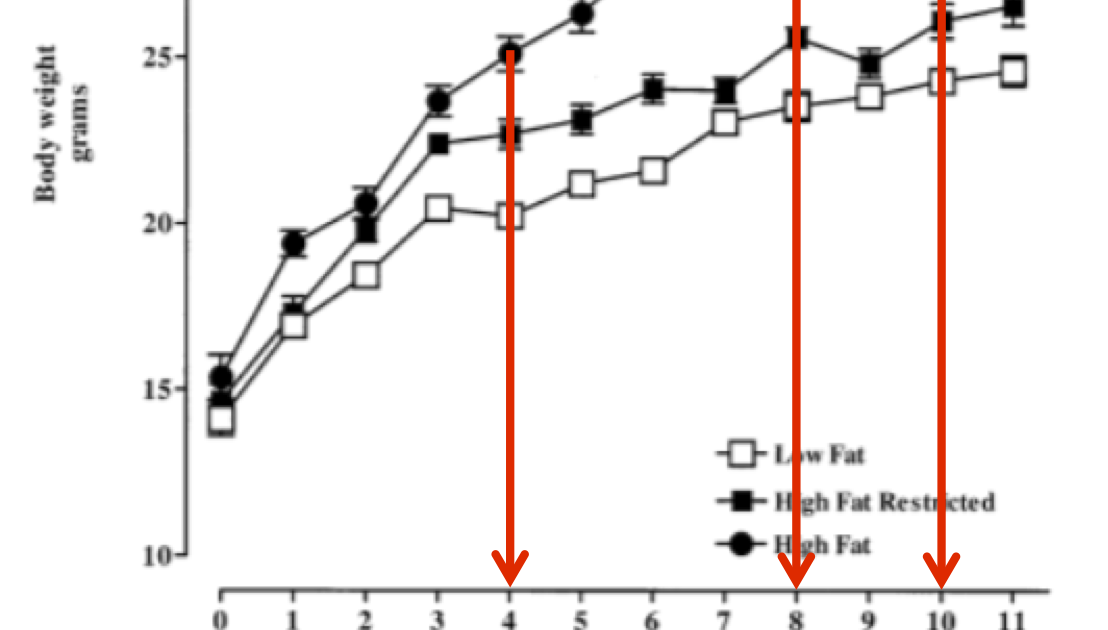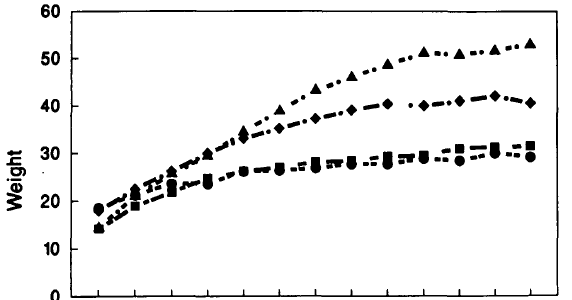Hgreen56
Member
- Joined
- Apr 8, 2020
- Messages
- 723
i was reading some articles from high-fat-nutrition.blogspot.com
His view is that insulin sensitivity is making you fat. not other way around. (with study's that confirm this)
With other words: insulin resistance is a good thing
I wondering how peat followers thinks about this.
There are lot of topics here that people complain about lots of hunger and fat gain on low fat high carb diets.
A high insulin sensitivity i probably the cause?

 high-fat-nutrition.blogspot.com
high-fat-nutrition.blogspot.com

 high-fat-nutrition.blogspot.com
high-fat-nutrition.blogspot.com
His view is that insulin sensitivity is making you fat. not other way around. (with study's that confirm this)
With other words: insulin resistance is a good thing
I wondering how peat followers thinks about this.
There are lot of topics here that people complain about lots of hunger and fat gain on low fat high carb diets.
A high insulin sensitivity i probably the cause?

Surwit diet and derivatives (5) People and mice
George Henderson put up this link in comments to the last Surwit post Small Amounts of Dietary Medium-Chain Fatty Acids Protect Against Insu...

Surwit diet and derivatives
As a counterbalance to the papers documenting the obesogenic effect of PUFA containing diets I'd like to have a brief aside about the Surwit...

